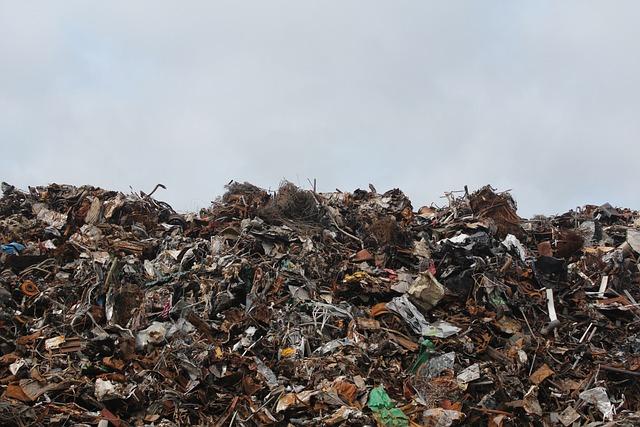The Impact of Solid Waste on Pakistan’s Urban Ecosystems
In recent years, the rapid urbanization of Pakistan has led to an exponential increase in solid waste generation. As cities grow, the proper management of solid waste becomes crucial not only for public health but also for the integrity of urban ecosystems. In this article, we will delve into how solid waste impacts urban ecosystems in Pakistan, explore practical solutions, and provide insights into the benefits of effective waste management.
Understanding Solid Waste in Pakistan
Solid waste refers to the unwanted or useless materials generated from households, industries, and institutions. In Pakistan, the types of solid waste include:
- Household waste (food scraps, packaging)
- Industrial waste (manufacturing by-products)
- Agricultural waste (crop residues, animal waste)
- Electronic waste (discarded electronics)
The Growing Challenge of Waste Management
Pakistan produces an estimated 48.5 million tons of solid waste annually, a figure expected to increase as the population grows. Urban areas like Karachi, Lahore, and Islamabad generate the highest volumes of waste, leading to severe environmental challenges.
Impact on Urban Ecosystems
The improper management of solid waste can have devastating effects on urban ecosystems, including:
- Pollution: Leachate from landfills contaminates soil and water resources.
- Health Hazards: Accumulated waste becomes a breeding ground for diseases.
- Loss of Biodiversity: Harmful substances in waste can lead to the death of local flora and fauna.
- Climate Change: Organic waste degrades and produces methane, a potent greenhouse gas.
Case Studies: Cities Fighting Waste Management Issues
Several cities in Pakistan are implementing innovative strategies to tackle solid waste challenges. Here are a few notable examples:
| City | Strategy Implemented | Outcome |
|---|---|---|
| Karachi | Public-Private Partnerships for waste collection | Reduced street litter and improved waste segregation |
| Lahore | Door-to-door waste collection services | Increased citizen participation in waste management |
| Islamabad | Recycling initiatives and awareness campaigns | Enhanced community awareness and waste recycling rates |
Benefits of Effective Waste Management
Implementing effective solid waste management offers numerous benefits, including:
- Improved Public Health: Reduces exposure to harmful pollutants and diseases.
- Environmental Protection: Minimizes pollution from landfills and promotes biodiversity.
- Economic Opportunities: Creates jobs in waste collection, recycling, and management sectors.
- Sustainable Practices: Encourages recycling and composting, reducing overall waste volume.
Practical Tips for Sustainable Waste Management
Individuals and communities can play a significant role in improving urban ecosystems by adopting sustainable waste management practices. Here are some practical tips:
- Reduce: Minimize consumption and opt for products with less packaging.
- Reuse: Find new uses for items before disposing of them.
- Recycle: Separate recyclables and participate in local recycling programs.
- Compost: Create a composting system for organic waste to enrich soil.
- Educate: Raise awareness within your community about solid waste issues and solutions.
Conclusion
The challenges posed by solid waste in Pakistan’s urban ecosystems are substantial, but they are not insurmountable. By recognizing the impacts of waste, implementing innovative strategies, and fostering community involvement, Pakistan can move towards a more sustainable future. Investing in effective solid waste management not only protects ecosystems but also promotes public health, economic development, and environmental sustainability. Together, we can create cleaner, healthier cities for generations to come.



